
Essential oil products from the United States are displayed at an expo in Shanghai. (Photo/Xinhua)
Both sides have maintained regular communication on economics, trade
China reiterated on Thursday that lifting additional tariffs by the U.S. side is in the fundamental interests of consumers and producers in China and the United States, and is conducive to the recovery of the global economy, said the Ministry of Commerce.
The ministry made the remarks after Vice-Premier Liu He held a video conversation with U.S. Treasury Secretary Janet Yellen earlier this week at the invitation of the U.S. side.
During the conversation, the Chinese side expressed concern over issues including the lifting of additional tariffs, sanctions by the U.S. and the fair treatment of Chinese companies.
Shu Jueting, the ministry's spokeswoman, elaborated that the two sides talked for about 90 minutes, and conducted pragmatic, professional and in-depth exchanges on a wide range of topics concerning economics and trade.
They discussed the macroeconomic situation and policies of China and the U.S., including economic growth conditions, inflationary pressure, financial stability, supply chains and other issues, the commerce official said.
They also exchanged views on specific cooperation in multilateral and bilateral fields such as financial market supervision and cooperation under the G20 framework, Shu added.
Liu, who is also a member of the Political Bureau of the Communist Party of China Central Committee and chief of the Chinese side of the China-U.S. comprehensive economic dialogue, has spoken twice with both Yellen and U.S. Trade Representative Katherine Tai via video and telephone conversations since May this year, according to information released by the ministry.
China and the U.S. have maintained communication on economic and trade matters. They agreed to continue communication at all levels to focus on practical cooperation and solving specific problems from the perspective of both countries and the whole world, she added.
With enhanced communication between the two countries helping cut downside risks facing the global economy, experts said it will be helpful for China and the U.S. to improve bilateral relations, as well as jointly deal with global challenges such as COVID-19, climate change and supply chain operations.
China has maintained stable growth so far this year, with strong demand for its exports to the U.S., the European Union and member countries of the Association of Southeast Asian Nations as well as attracting more foreign direct investment into its market, said Ma Yu, a researcher at the Chinese Academy of International Trade and Economic Cooperation in Beijing.
U.S. electric carmaker Tesla announced on Monday that it has built a research facility and data center in Shanghai, both of which will be put into use soon.
Tesla's Gigafactory, which is also located in Shanghai, started production in late 2019, and currently has an annual production capacity of 450,000 vehicles, a big chunk of which is exported.
Apart from creating conditions to promote bilateral business ties, Shu, from the Ministry of Commerce, urged the U.S. to immediately correct its wrongdoings and provide a fair, open, just and nondiscriminatory business environment for Chinese companies investing and operating in the U.S., after Washington earlier this week ordered China Telecom Americas to discontinue its services within 60 days.
Shu said the U.S. move is an over-generalization of the concept of national security, abuse of national power and malicious suppression of a Chinese company without basis in facts. It also undermined the atmosphere of cooperation between the two sides.
China's economic and trade team has lodged solemn representations with the U.S. saying that Beijing is seriously concerned by the ban, she said, adding the government will continue to take necessary measures to safeguard the legitimate rights and interests of Chinese businesses.













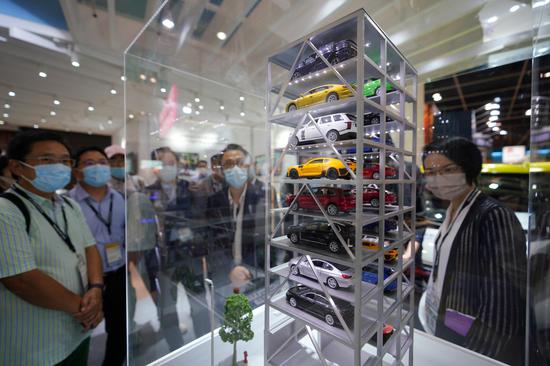
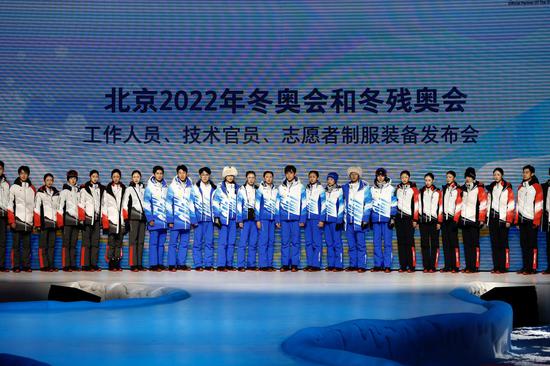
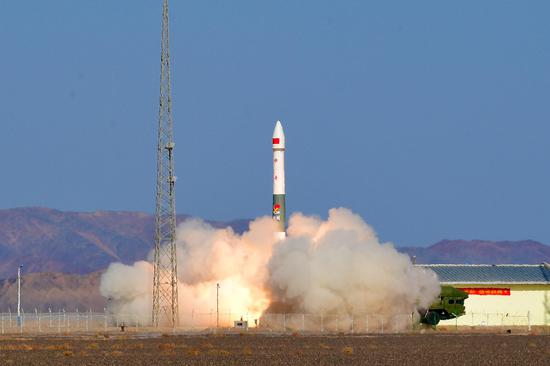






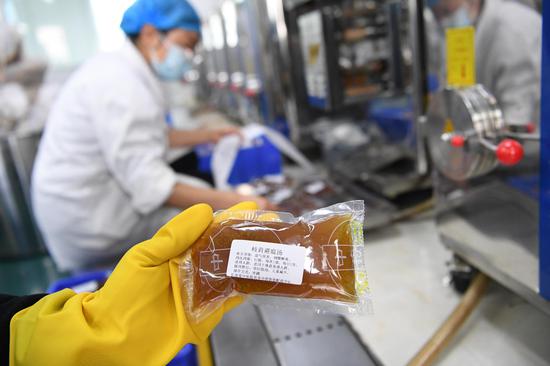





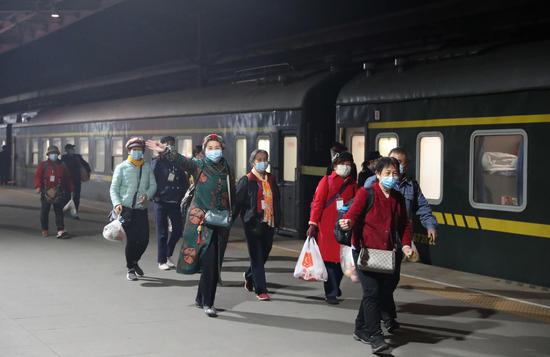
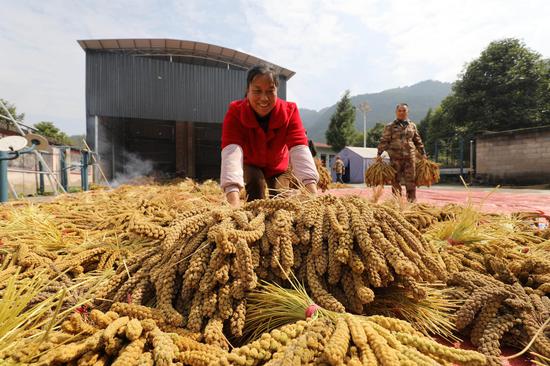







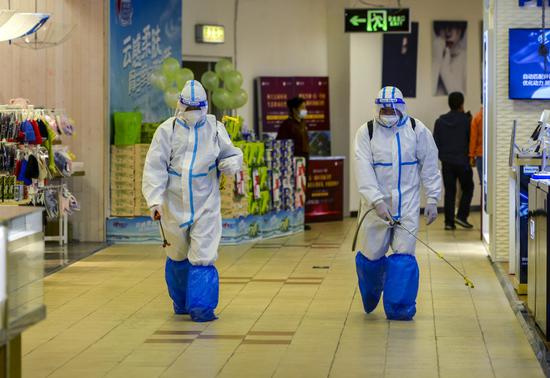
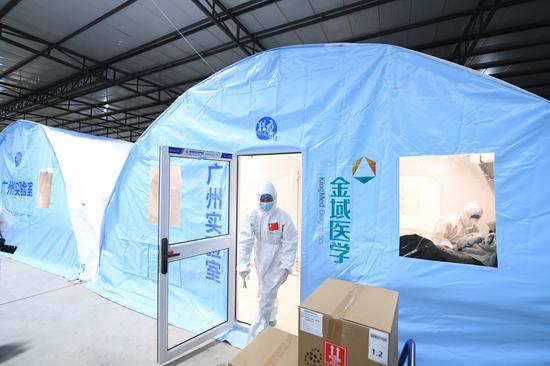











 京公网安备 11010202009201号
京公网安备 11010202009201号